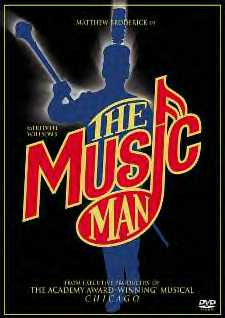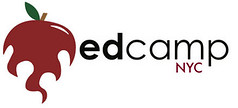In April, 2012, I led the Vermont ASCD's first effort at an "unconference." EdCamp Vermont had its roots in another place and another time.
In the fall of 2010, I was driving to some EdCamp with Dan Callahan, when he brought up the idea of EdCamp Boston. He had come up with a date and a venue with some other folks and was ready to add to the organizing committee. I jumped at the chance. Through the winter, I did my part working with an amazing committee to put together the first EdCamp Boston in April 2011.
Shortly before EdCamp Boston, I accepted the position as principal of Wolcott Elementary School in Vermont. I was thrilled to have the position in place before EdCamp. When I told Dan that I got the job and would be moving to Vermont, the first thing he said was, "When is EdCamp Vermont?" I laughed him off figuring that in my first year in a new state there was no way I'd be able to organize an EdCamp.
As I settled into my new house and job, I was asked to join the newly reconstituted board of the Vermont ASCD. The new president, Ned Kirsch, had been a twitter contact for a while. I accepted.
At one of the first meetings, I mentioned EdCamp. Ned and the board were intrigued, and we decided to make Vermont's first EdCamp part of the VTASCD revival. I was thrilled. Organizing an EdCamp as part of an existing organization is super easy. We didn't have to set up a bank account or search for sponsors. We kept our plans small. You see, Vermont is very rural and spread out.
So, on a Saturday morning wedged between the vacation weeks of various parts of the state, about 40 educators showed up for a classic-style EdCamp. We had participants from all over the state, from as far as Boston, and even over the border from Canada. Even with a small crowd, we filled the session board and even added a fourth room. As usual with an EdCamp, the conversations were wonderful.
Now that we've held one EdCamp, VTASCD will surely hold another. Stay tuned for more information.

































